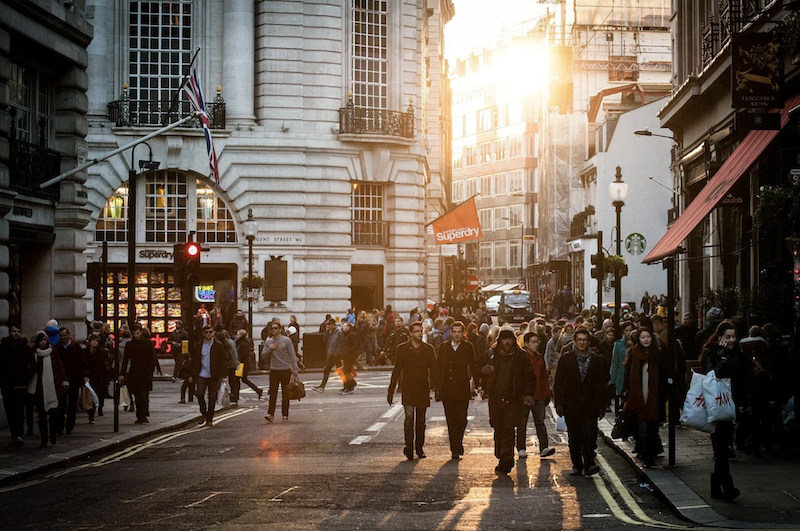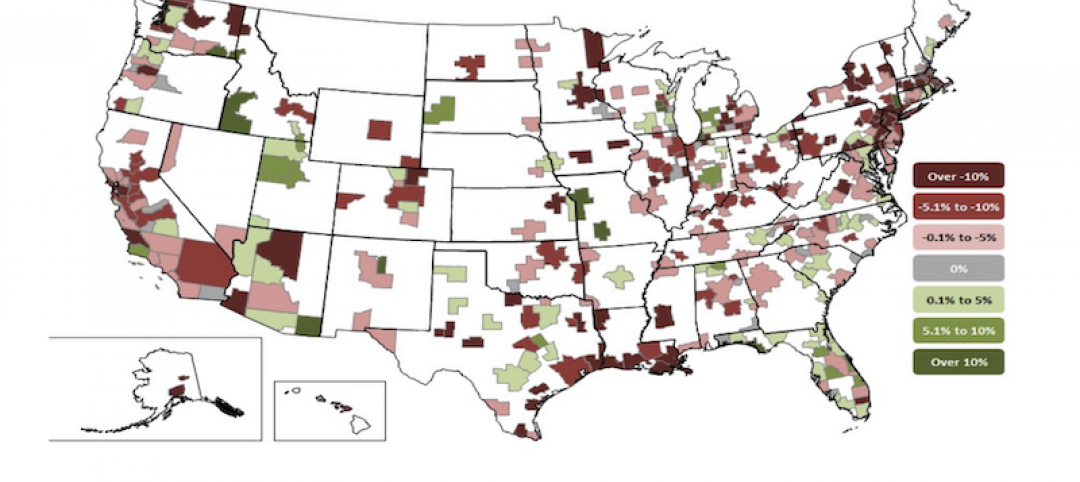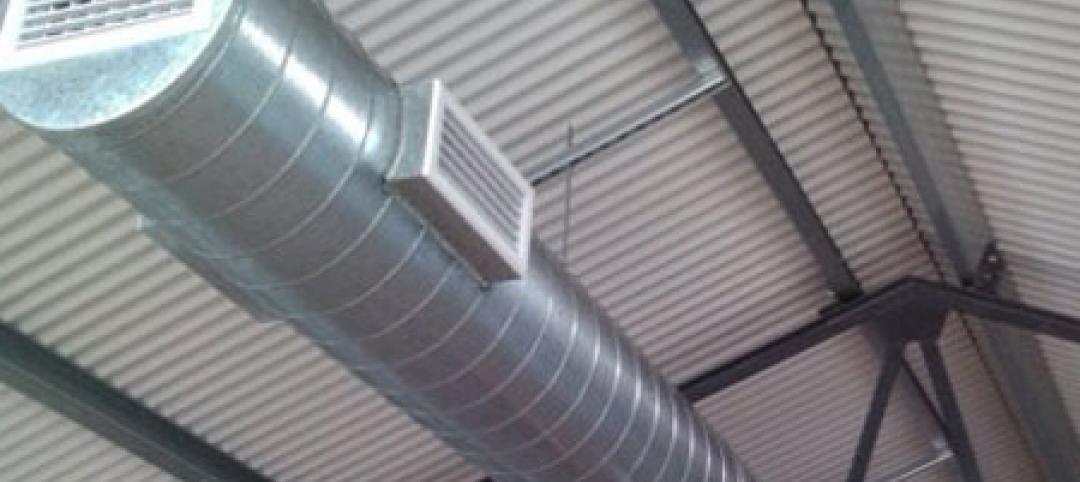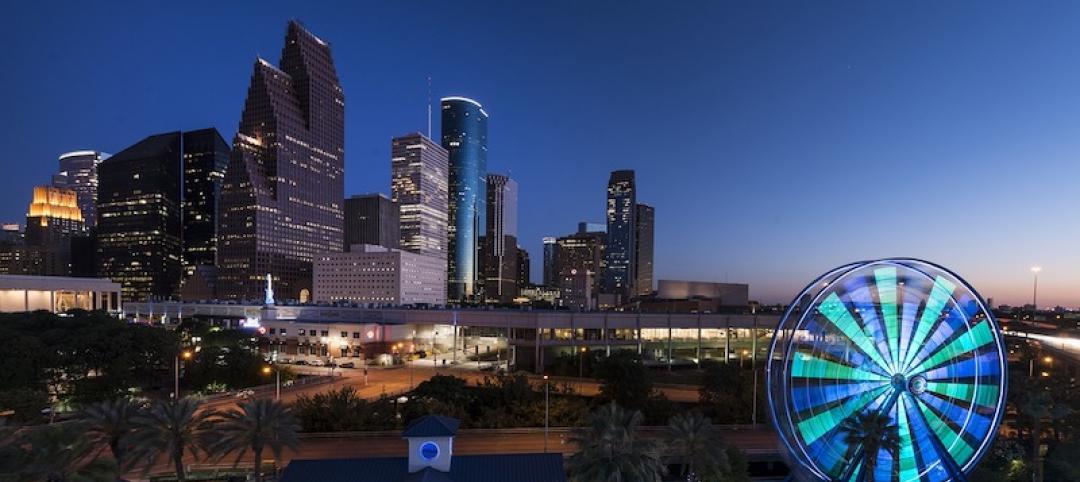The “15-minute city” where residents live within a short walk or bike ride of all their daily needs has gained favor during the COVID-19 pandemic, with some cities banning or reducing cars in designated areas.
This model, the norm in central areas of European cities that were largely settled before the advent of the automobile, faces difficulty in translation to North America. Cities on this side of the Atlantic were laid out with vehicular traffic in mind, creating widely settled areas with fewer tight-knit neighborhoods.
What’s more, economically disadvantaged areas of cities often lack amenities such as grocery stores, pharmacies, and other necessities. Without a concerted effort and significant investment, these urban areas cannot be easily transformed into the 15-minute city model.
Adding bike lanes and small parks will not reverse segregation that had been embedded into city planning for decades. While the 15-minute city may not be realistic for some North American cities, if these communities can transform from a 45-minute city to a 20-minute city, that would be a worthwhile achievement, some planners say.
Related Stories
Codes and Standards | Aug 31, 2021
Home electrification will require code upgrades
Residential electric panel capacity must be increased.
Codes and Standards | Aug 30, 2021
Facebook’s new $800 million Arizona data center to save big on water
Will restore more than 200 million gallons of water per year to river basins.
Codes and Standards | Aug 26, 2021
California may require solar on new high-rise residential and commercial buildings
State energy commission approves proposal; Could become law in 2023.
Codes and Standards | Aug 25, 2021
Study finds racism, discrimination common in construction industry
NIBS to share best practices with industry leaders to improve worker treatment.
Codes and Standards | Aug 24, 2021
White paper addresses insulated metal panel specifications for roofs and walls
Pertains to provisions of the National Building Code of Canada.
Codes and Standards | Aug 24, 2021
KTGY releases free resource to reduce carbon footprint in multifamily developments
Helps navigate Denver Green Code measures—a series of voluntary codes.
Codes and Standards | Aug 19, 2021
Massive infrastructure bill includes hundreds of millions for building energy efficiency
Funds allotted for updated code implementation, construction technology, K-12 efficiency programs.
Codes and Standards | Aug 18, 2021
Fannie Mae green bonds program could be greenwashing
Analysis shows significant number of green bond properties become less efficient.
Codes and Standards | Aug 17, 2021
Three Texas cities head list of most environmentally vulnerable
Hazard analysis includes natural disasters and government response categories.
Codes and Standards | Aug 16, 2021
Bill would reform New York’s public contracting process
Council on Public Contracting Reform to have contractor representation.

















